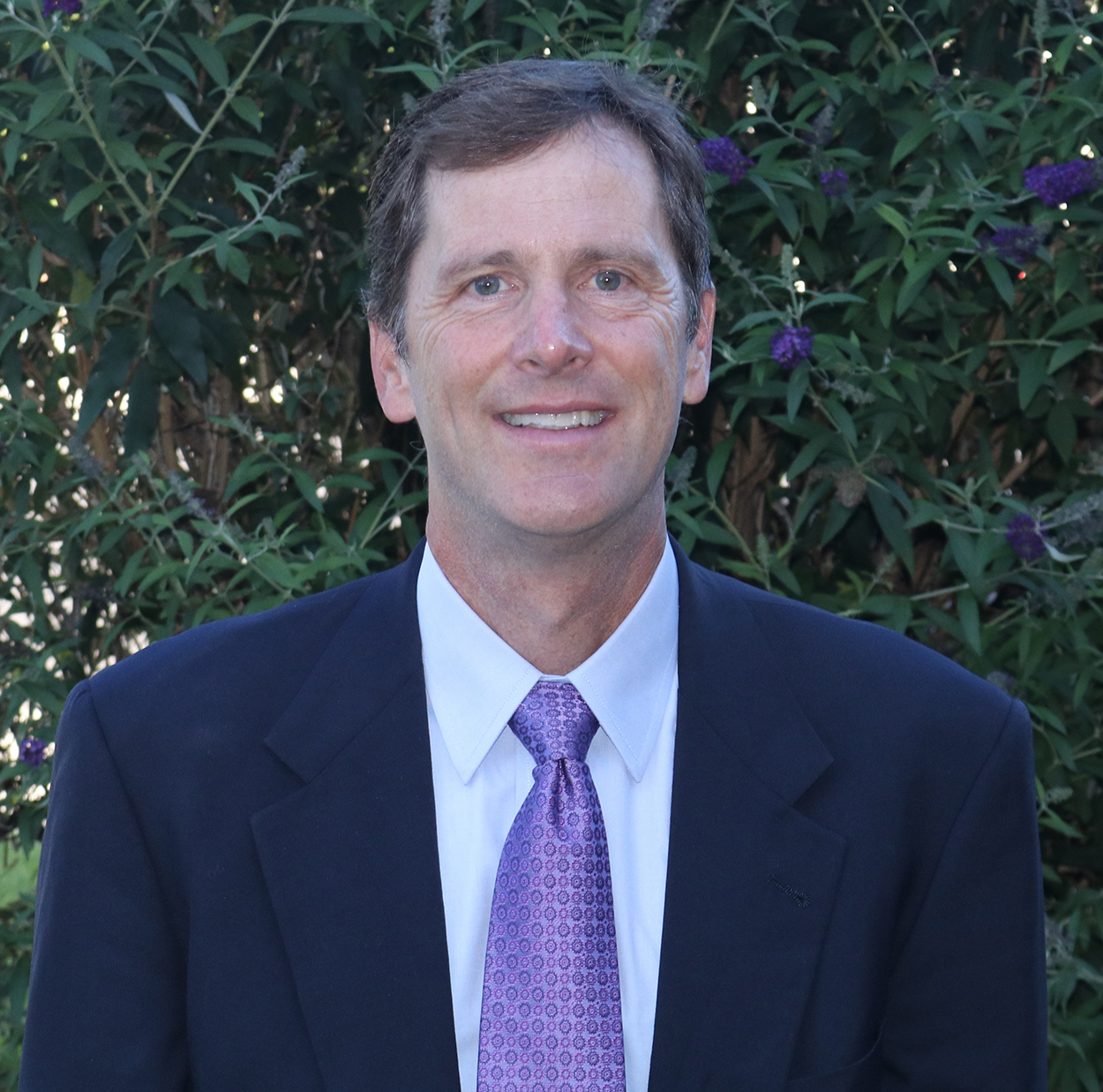ALBUQUERQUE, N.M. — Two Sandia National Laboratories researchers have been named fellows of the Institute of Electrical and Electronics Engineers, known as IEEE.

Bryan Oliver, senior manager of the Radiation Effects Sciences and Applications Department, was named for his contributions to the theory and simulation of intense particle beams and plasmas, and electrical engineer Ray Byrne was honored for his work on miniature robotics and grid integration of energy storage.
The IEEE fellow is the highest grade of membership and is conferred by the IEEE board of directors to people with outstanding records of accomplishments in any of the IEEE fields of interest. The number selected in any one year cannot exceed one-tenth of 1 percent of the total voting membership. It is recognized by the technical community as a prestigious honor and an important career achievement.
Oliver’s primary research includes the theory and simulation of intense electron and ion beam generation and propagation, magneto-hydrodynamics and electron hall magneto-hydrodynamics, Z-pinches, X-ray radiography, radiation effects and intense electromagnetic pulse.
He has authored or co-authored more than 100 publications, received eight National Nuclear Security Administration Defense Programs Awards of Excellence, and is a recipient of the Department of Energy Secretary’s Achievement Award.
Oliver, who joined Sandia in October 2005, previously worked at the Institute for Non-Linear Science at the University of California, San Diego; the Plasma Physics Division at the Naval Research Laboratory in Washington, D.C.; and Mission Research Corp. in Albuquerque.
Oliver serves on the IEEE Pulsed-Power Sciences and Technology committee, the Plasma Science and Applications committee and the International High Power Particle Beams committee. He has served as a guest editor for the Transactions on Plasma Science and as an IEEE distinguished lecturer. In 2013, he was chair of the Pulsed Power Plasma Science conference.
Oliver received a bachelor’s degree in physics from the University of California, San Diego and a master’s degree and doctorate in theoretical plasma physics from Cornell University.

Byrne joined Sandia in May 1989, starting his career in robotics, working on telerobotic vehicles and miniature mobile robots. In the late 1990s his team demonstrated large numbers of cooperative miniature mobile robots as part of a DARPA effort. He was recognized by Time magazine with one of the “Best Inventions of 2001” as part of a team that developed a miniature mobile robot. Several of the miniature robots were inducted into the Smithsonian National Museum of American History in April 2011 to “reflect the historical record of robot development” through American history. From 2001-2008 he developed fiber optic links for space applications.
More recently he has focused on optimal control of energy storage to maximize benefit to the electric grid, as well as the grid integration of renewable generation. A paper on maximizing revenue from energy storage received a Prize Paper award at the 2016 IEEE Power and Energy Society General Meeting (best four out of several thousand submissions). Byrne has authored or co-authored more than 85 publications and was issued four U.S. patents. He is an associate editor of IEEE Access, a multidisciplinary open access journal.
Byrne received a bachelor’s in electrical engineering from the University of Virginia, a master’s in electrical engineering from the University of Colorado and a doctorate in electrical engineering from the University of New Mexico. He also completed a master’s in financial mathematics at the University of Chicago.
He has been active with the Albuquerque IEEE section since 1991, serving as chair in 1993, 2007-2008 and 2010-2011. Byrne serves as an ABET program evaluator for IEEE, a nonprofit, nongovernmental organization that accredits college and university programs in the disciplines of applied science, computing, engineering and engineering technology at the associate, bachelor and master degree levels.
Byrne is president of the UNM Sigma Xi Chapter, the scientific research honor society. He is a recipient of the IEEE Millennium Medal.
“It’s an honor to be recognized for my work,” Byrne said.
